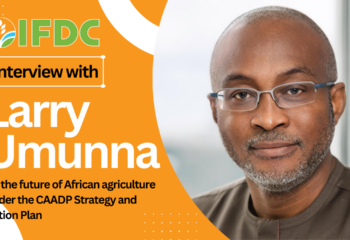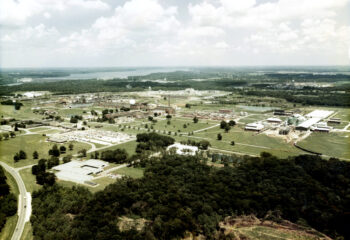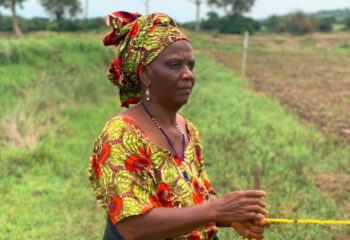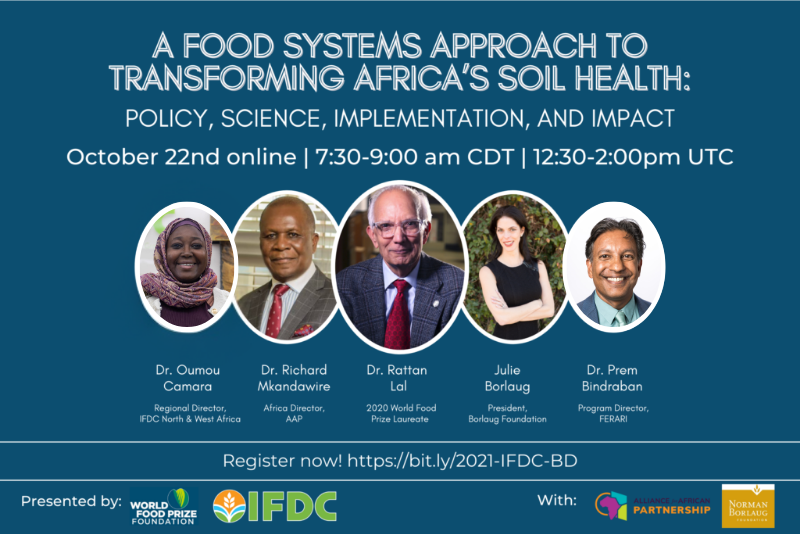
On October 22, 2021, an expert round table convened as part of the Borlaug Dialogue to discuss the policy, science, implementation, and impact of smart fertilization strategies for soil health to enhance agriculture productivity and transform lives in Africa, while reflecting on the global discourse on sustainable agriculture.
Dr. Richard Mkandawire, African Director Alliance for African Partnership (AAP) and Chairperson, Malawi National Planning Commission.
Dr. Ratan Lal, 2020 World Food Prize Laureate and professor of soil science at The Ohio State University.
Ms. Julie Borlaug, President of the Borlaug Foundation and Vice President for Corporate Communications and Public Relations at Invaio Sciences, was unable to attend.
Dr. Oumou Camara, Regional Director North and West Africa for IFDC.
Dr. Prem Bindraban, Program Director of the Fertilizer Research and Responsible Implementation program in Ghana.
Videos and Resources
Introduction
Question 1
The current global discourse on sustainable agriculture and food systems is dominated by developed nations and focuses on organic, regenerative, and agro-ecological practices. These dialogues meet the needs of the US and of European nations, but do they serve African nations’ diverse agricultural and food systems?
Question 2
Given the over-exploitation of soils on the African continent, which leads to soil nutrient mining, declining crop yields, and poverty, what comprehensive or integrated approaches must be pursued to reverse these trends?
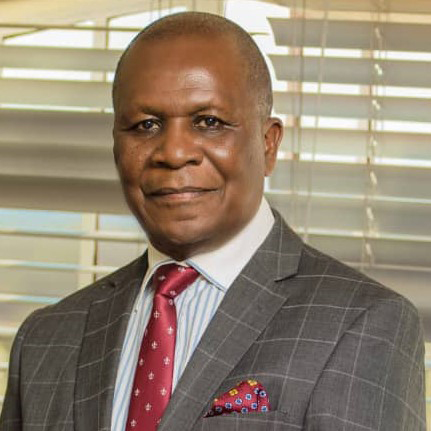
Africa Fertilizer Summit II
“I would like to call upon the global community to join efforts with initiatives that are on the ground in Africa and call upon global research institutions to join us in unearthing challenges and indeed opportunities discussed today and operationalize the solutions put forth today.”
–Dr. Richard Mkandawire
Question 3
The burden to sustainably manage soils is placed entirely on smallholder farmers. Yet the benefits from soil use are reaped by everyone. Despite private land ownership, soils are a common good. Who should bear the responsibility for improving and maintaining soil health, and how does this become sustainable?
Question 4
What policy decisions should African and other governments make to build resilient soil health programs that enhance sustainable agriculture productivity and food security?
Open Discussion
Talk alone will not catalyze sustainable improvements to African soil, livelihoods, or nutrition. What actions must be taken to secure lasting change? What does the future look like? We invite our audience to enter their questions and suggestions in the chat.
Panelists
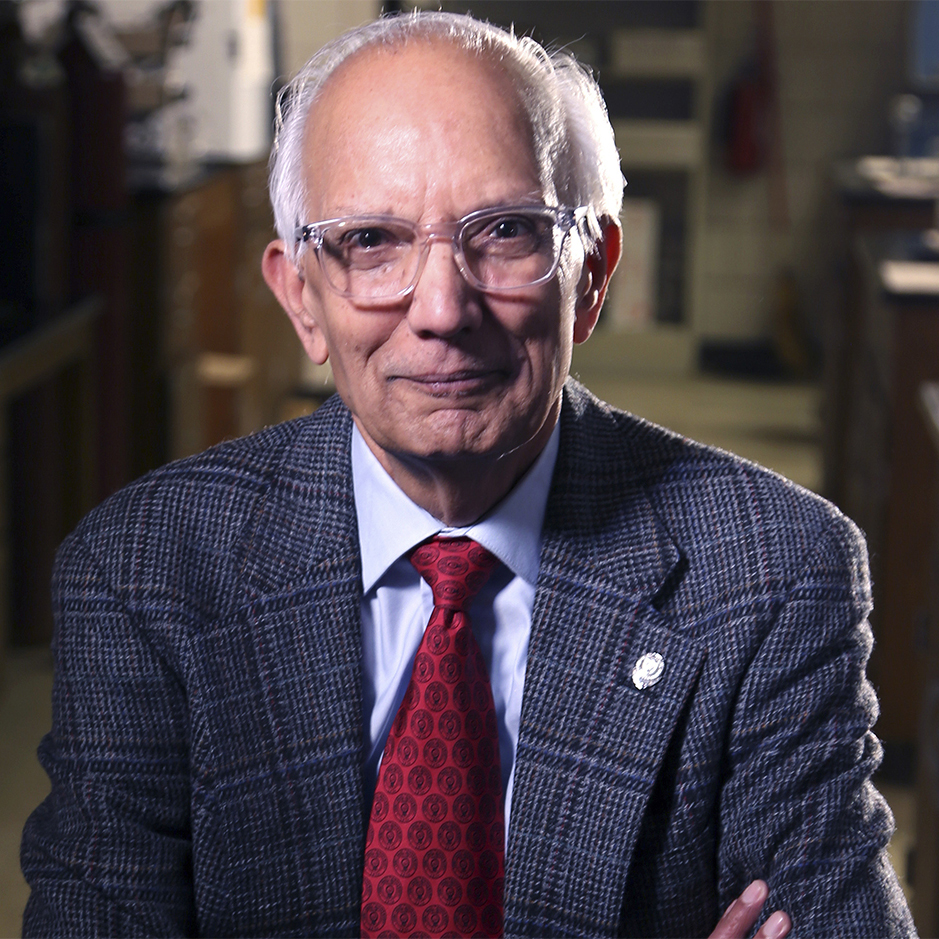
Dr. Rattan Lal
Dr. Rattan Lal is professor of soil science at The Ohio State University and 2020 World Food Prize laureate. Internationally recognized for his trailblazing work on developing and mainstreaming a soil-centric approach to increasing food production, Lal has received many other accolades, including the GCHERA World Agriculture Prize (2018), Glinka World Soil Prize (2018), Japan Prize (2019), and U.S. Awasthi IFFCO Prize (2019).

Dr. Richard Mkandawire
Dr. Richard Mkandawire is currently the Africa Director of the Alliance for African Partnership (AAP), and Chairperson, Malawi National Planning Commission and MwAPATA Institute. Before joining AAP, he worked as Vice President of the African Fertilizer and Agribusiness Partnership where he led a team of experts in driving innovative interventions for efficient and effective delivery of fertilizers among smallholder farmers in Africa.
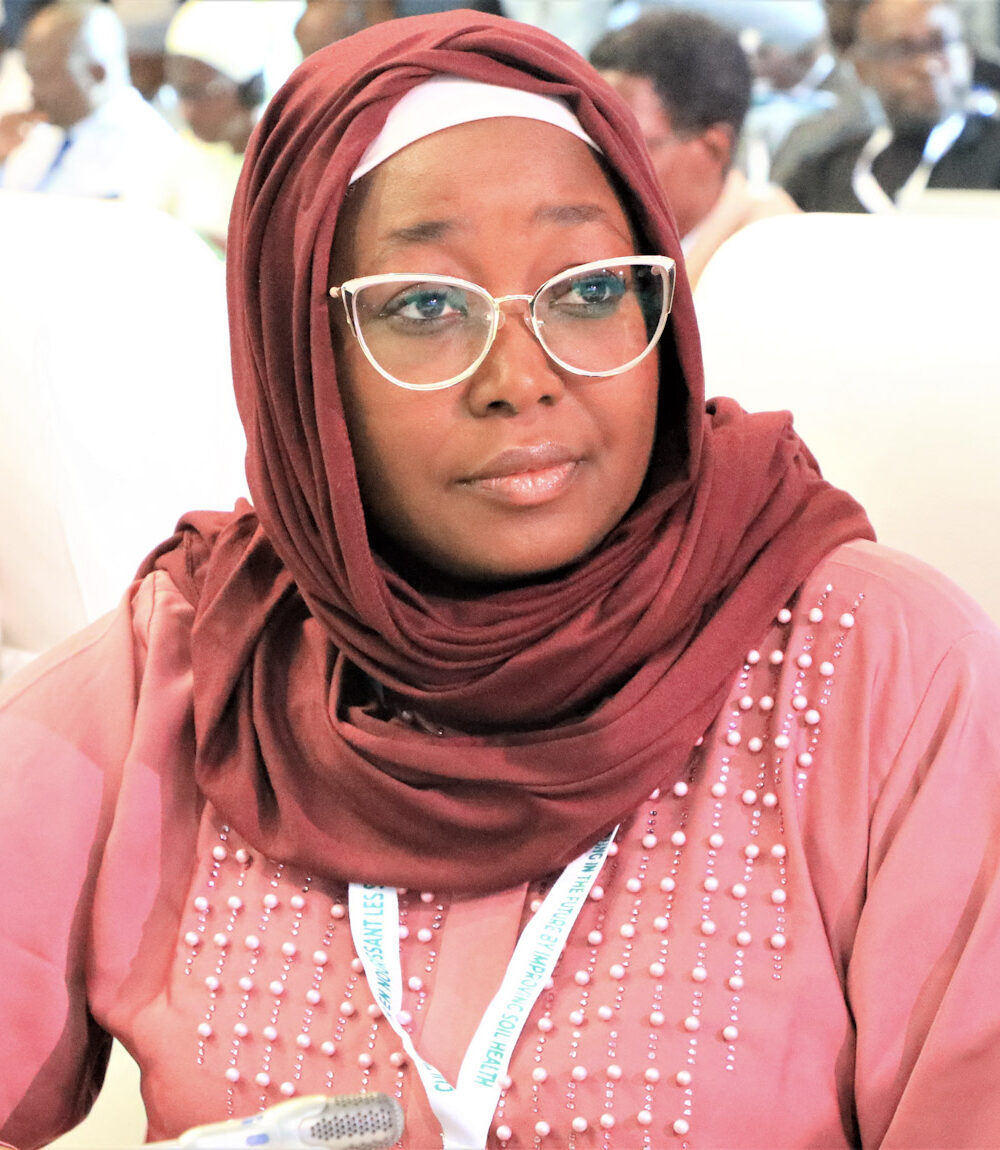
Dr. Oumou Camara
Dr. Oumou Camara, Regional Director, North and West Africa, joined IFDC in 2005. Camara has more than 20 years of experience in agricultural economics. She previously served as IFDC Senior Portfolio Manager for the region, Senior Economist seconded to the African Union Commission, and Country Representative to Ethiopia.
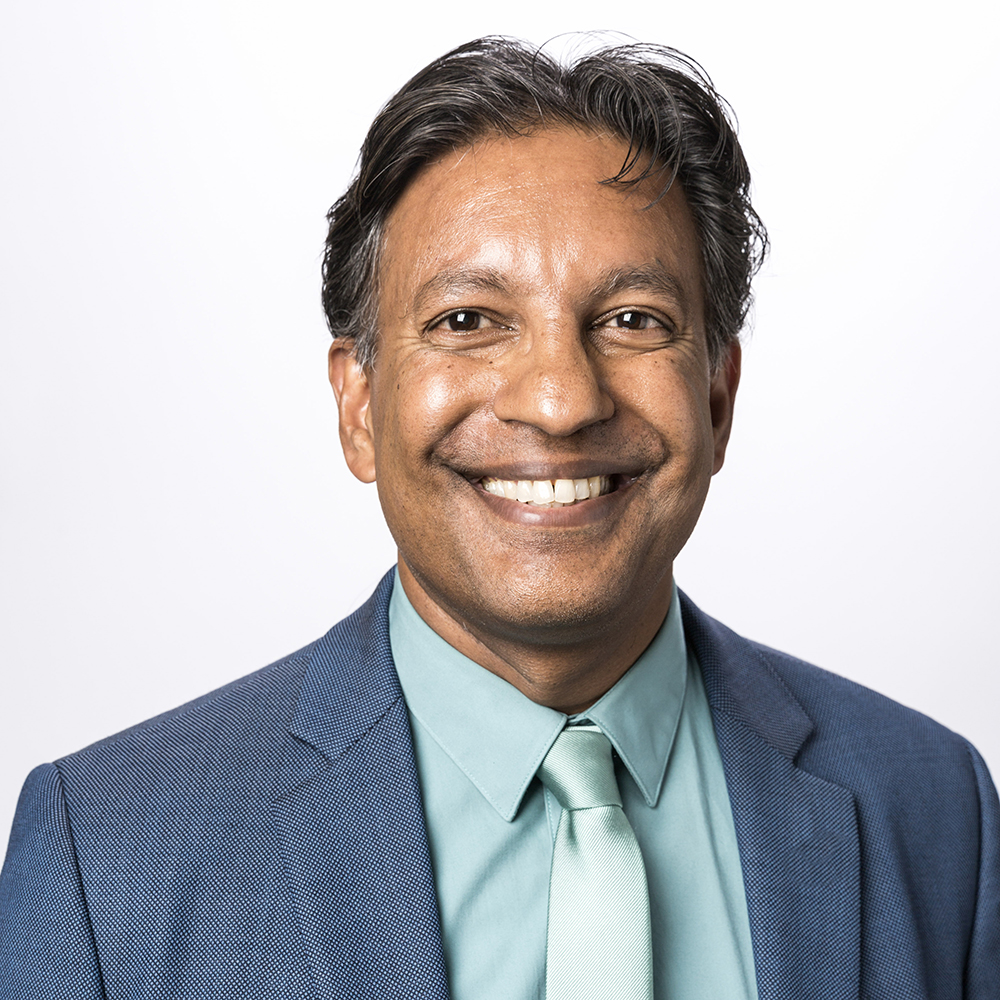
Dr. Prem Bindraban
Dr. Prem Bindraban leads IFDC’s FERARI research and implementation program in Ghana, which builds public-private partnerships for the development of fertilizer value chain actors to supply farmers with appropriate fertilizers for improving food and nutrition security. Formerly, Bindraban was Director of ISRIC – World Soil Information and Team Leader of Natural Resources at Wageningen University and Research.

